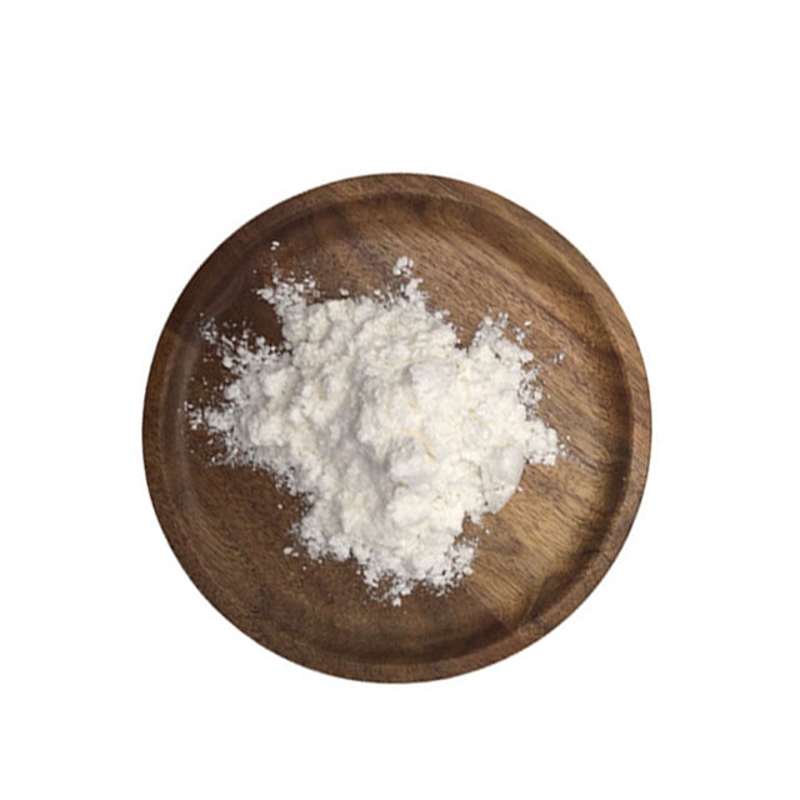-
Categories
-
Pharmaceutical Intermediates
-
Active Pharmaceutical Ingredients
-
Food Additives
- Industrial Coatings
- Agrochemicals
- Dyes and Pigments
- Surfactant
- Flavors and Fragrances
- Chemical Reagents
- Catalyst and Auxiliary
- Natural Products
- Inorganic Chemistry
-
Organic Chemistry
-
Biochemical Engineering
- Analytical Chemistry
- Cosmetic Ingredient
-
Pharmaceutical Intermediates
Promotion
ECHEMI Mall
Wholesale
Weekly Price
Exhibition
News
-
Trade Service
Functional abdominal pain is the cause of frequent medical and emergency care in children, the worldwide prevalence of the disease is 13.5%, according to Rome III standards, children's abdominal pain-related functional gastrointestinal disease (FGID) is the main type of functional abdominal pain (FAP) and irritable bowel syndrome (IBS), which is defined as an onset or persistent abdominal pain that occurs at least once a week and lasts at least two months, and IBS, which is defined as abdominal pain relief after detocation, changes in the number of stools and/or changes in stool consistency that often cause abdominal pain or discomfort.
Although treatments for the disease are currently very different and almost helpful, at least in the short term, certain probiotic strains, hypnotherapy and cognitive behavioural therapy are effective in reducing pain intensity and/or frequency.
recently reported that children with functional abdominal pain (FAP) may have therapeutic effects after receiving treatment with DSM 17938 of Roy's Lactobacillus, the data are not conclusive.
therefore, this study is related to this study.
researchers conducted a randomized controlled study that lasted 12 weeks of dry expectations and 4 weeks of follow-up, with a low-level DSM 17938 (dose 108 CFU/day) in children (4 to 18 years of age) who received AFP.
the severity and frequency of abdominal pain in patients who followed the patient.
study included 46 children (with a medium age of 10.1 years).
4 months of the study, abdominal pain was mild in the intervention group and the number of days without pain increased significantly.
the number of pain-free days in the Roy's Lactobacillus group increased significantly (average difference of 26.42 days, 95% CI 22.47-30.17).
significant differences in pain intensity were found in the second, third and fourth months of intervention.
number of children with symptoms that completely disappeared did not differ between the two groups (risk ratio of 1.09, 95% CI 0.75-1.58).
the researchers concluded that the treatment of DSM 17938 of Bacillus Roe can reduce the intensity and frequency of functional abdominal pain in children and extend the pain-free period in CHILDREN.
。







